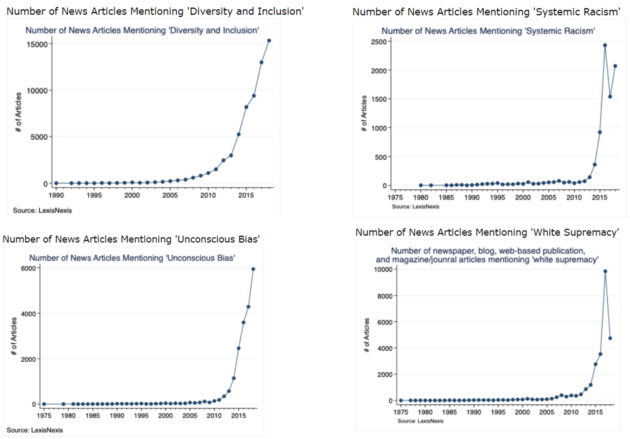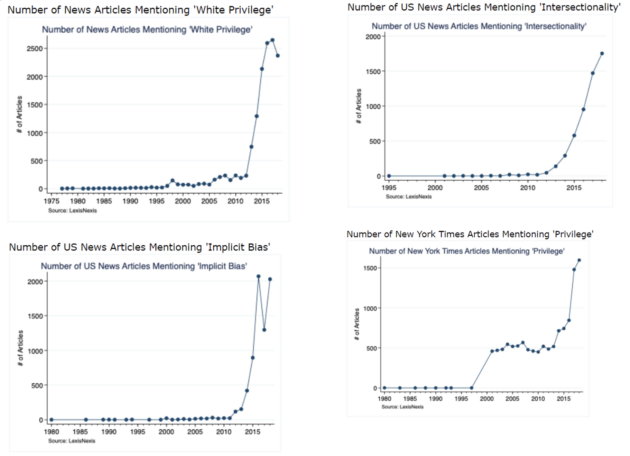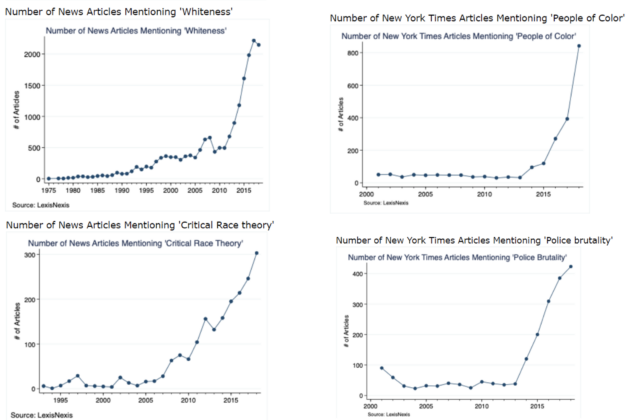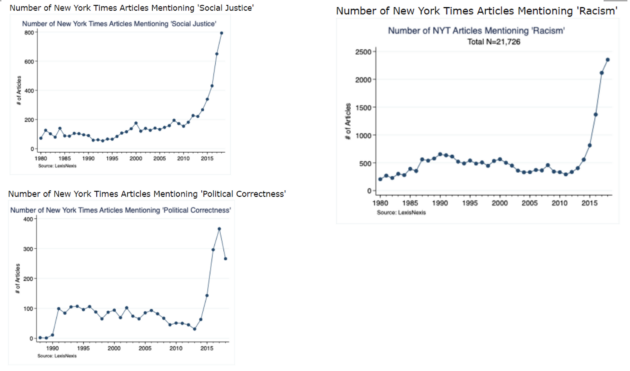On April 24 1990 the Hubble Space Telescope was launched. If instead of looking into space, one had turned its gaze toward Earth, one could have clearly distinguished those countries based on a capitalist democratic philosophy and those based on socialist principles… by how many lights were on.
1990 was also the year the “World Wide Web” is credited with officially going global and the first search engine “Archie” was introduced. A search for “Marxist” countries would have revealed a rapidly dwindling list as the year went on. Of note, West Germany reunited with East Germany, the Yugoslavian communist regime collapsed, the Bulgarian National Assembly denied its communists, Lithuania declared independence from the USSR, Russian troops started moving out of Hungary – and the Royal New Zealand Navy discontinued the daily ‘rum ration’. Changing times indeed.
Meanwhile, Bernie Sanders entered the US House of Representatives as a congressman for Vermont. Bernie Sanders identified himself as a ‘democratic socialist’ and appears to not have noticed how every Socialist state has failed economically, how every Socialist Government has become increasingly authoritarian to achieve ‘equity’ and, contrary to exactly such an ideal, socialists always established an ‘elite’ class to manage the proles.
Bernie is a ‘thought leader’ and has a record of ‘progressive’ ideas, including railing against millionaires until, like all good Marxists (e.g., the leaders of BLM), he became a millionaire. He now only rails against billionaires. But just because Bernie Sanders is a hypocrite doesn’t mean that he doesn’t have valid points to make regarding the failings of neo-capitalism.
Neo-capitalism is an economic ideology which is meant to correct its excesses by applying measures to protect a country’s social well-being. The ideology ideally supports a balance between good public governance, social assistance, good working conditions, low unemployment levels, lower inflation, and economic growth across the nation. However, throughout the 1990s and well into the 2000s, Bernie Sanders made the claim that this system was failing. Particularly, in 1998, Bernie Sanders predicted the crash of 2008 and spoke about how such a crash could occur.
Available on ‘YouTube’, Bernie makes his case with some nuance, no doubt influenced by his ideological beliefs (Bernie does not seem to understand the ‘Pareto Principle’ and how this naturally leads to both an accumulation and aggregation of wealth…).
However, despite some errors in Bernie’s’ explanation, the “Global Financial Crisis” occurred.
Why didn’t people listen to him? One reason Bernie couldn’t get traction was that “vanilla capitalism” was serving the world very well! Between 2000 and 2015 world poverty decreased from 30% to 10%. It’s hard to get the workers of the world to unite when rather than throwing off the ‘chains of capitalist oppression’ they are occupied with throwing away failing Socialist policies; Ethiopia, as an example, moved from being a socialist ‘basket case economy’ to being a thriving African nation. And we all know the story of China.
Bernie predicted the consequences of ‘hedge fund managers’ and ‘mortgage brokers’, often with the support of the government, over-extending themselves. When the energy crisis of 2008 occurred, and larger than anticipated bills had to be paid, the balance was tipped, risks became realised, and the financial house of cards fell – to the detriment of ‘almost all’.
Who escaped? The very banks, those most to blame for the debasement of the economic system that they profited from, were those that got bailed out using public money e.g., The Troubled Asset Relief Program (TARP). To quote Michael Harrington (The Other America: Poverty in the United States)
“(It was) Socialism for the Rich, Capitalism for the Poor”
The phrase means that the rich (or “too-big-to-fail” corporations) get corporate welfare while privatising their profits and socialising the risks (losses) – whereas you or I would take the hit.
Bernie’s arguments gained considerably more traction now that his predictions had come to fruition. Supporters engaged in protests and sit-ins – not the least of which was the “Occupy Wall Street” protests. The main issues raised by Occupy Wall Street (OWS) paralleled those issues raised by Bernie Sanders: social and economic inequality, greed, corruption and the undue influence of corporations on government – particularly from the financial services sector. The OWS slogan, “We are the 99%“, refers to the income and wealth inequality in the US between the wealthiest 1% and the rest of the population.
But ultimately the bailouts went ahead and the OWS movement slowly died away in the face of withering corporate-funded mainstream media criticism and a lack of party support, particularly being deserted by the Democrats.
The case for the class struggle has been abandoned and neo-capitalism has won – with our money.
But Bernie fought on with the support of those who refused to accept the injustices. He fought all the way to become an aspiring 2016 Presidential candidate for the Democratic Party, second only to Hillary Clinton. At the penultimate moment, when it seemed he might win the nomination, he was allegedly ‘stabbed in the back’ by the DNC (Democratic National Committee) and lost the nomination to Hillary Clinton, who subsequently lost to the Republican candidate, Donald Trump.
Bernie Sanders took his loss with surprising grace but continued the struggle for the working class… once again achieving a front runner position for the Presidential candidate nomination (for the Democratic Party) for the 2020 election. Once again, he lost; this time to Joe Biden.
Bernie almost succeeded because of what Hillary Clinton describes in her memoir, What Happened, as “…the galvanising power of big, simple ideas” (a back-handed compliment but she’s not wrong…)
Bernie has and continues to stand for the “class struggle” – and that’s why he lost and continues to lose. The Democratic Party has moved on from Bernie. They realised post 2008 that the “class struggle” was not going to achieve the economically motivated Marxist victory that they needed – it was simply too difficult to motivate people who could still see a better future through capitalism. Despite setbacks, capitalism had the runs on the board.
As well, the donor base of the Democratic Party has changed considerably. New funding arose. No longer is their funding based on worker contributions but rather, they were now well funded by American corporates seeking to protect themselves from the opprobrium incurred by their pre-2008 excesses and the continuing scrutiny by the American public for their naked opportunism: this is now neo-capitalism at its worst.
What better way to protect yourself and your corporation than the camouflage of virtue?
And thus, the Democratic Party, realising that “economic Marxism” could not bring about change, adopted “cultural Marxism” and found new and massive sources of funding and influence – corporate America. For example, Mark Zuckerberg (Facebook) donated $419 million to the Democratic Party (and allies) for the 2020 election.
Cultural Marxism, unlike traditional Marxism, is not based on wealth inequalities, for which the corporates may be held accountable but rather, on social inequalities, the classics being race, gender, and religion. If companies demonstrate work-based diversity, equity, and inclusion then ‘voila!’, you are a good corporate citizen, and this provides both cover and protection.
This strategy works equally well in any Western country and so, whether it be in Canada, the UK, USA, Australia or New Zealand, the class struggle dream is over. Class struggle is secondary to Identity Politics. Those previous fighters for the working class now see Identity Politics as the best bet towards gaining and holding power, and pushing Marxist policy. This is particularly the case here in New Zealand where this Labour Government has dumped the class struggle and is deliberately fomenting divisiveness to create disharmony and so capture the votes of particular minority identities such as the Maori.
Ironically, a fallout of all this politicking in the US is that the Republican Party is nowadays more ‘blue collar’ than the Democratic Party. Maybe NZ politicians and opposition parties could learn from this?
Do you believe this narrative? Here are a few graphs demonstrating the rise and rise of Identity Politics in the US. Consider how the same schismatic themes are making themselves manifest in New Zealand.
(Note: post-2019 Covid impacted the space available for some themes. Also, as much of NZH news is sourced from the NYT, additional graphs are provided for this “gold standard source”)




https://www.nasa.gov/content/goddard/hubble-history-timeline
https://www.stackscale.com/blog/archie-internet-search-engine/
https://en.wikipedia.org/wiki/Bernie_Sanders
https://data.worldbank.org/indicator/SI.POV.DDAY?end=2015&locations=1W&start=1981&view=chart
https://en.wikipedia.org/wiki/Ethiopia#Federal_Democratic_Republic_(1991%E2%80%93present)
https://www.abc.net.au/news/2020-04-09/how-bernie-sanders-lost-to-joe-biden/12135900

